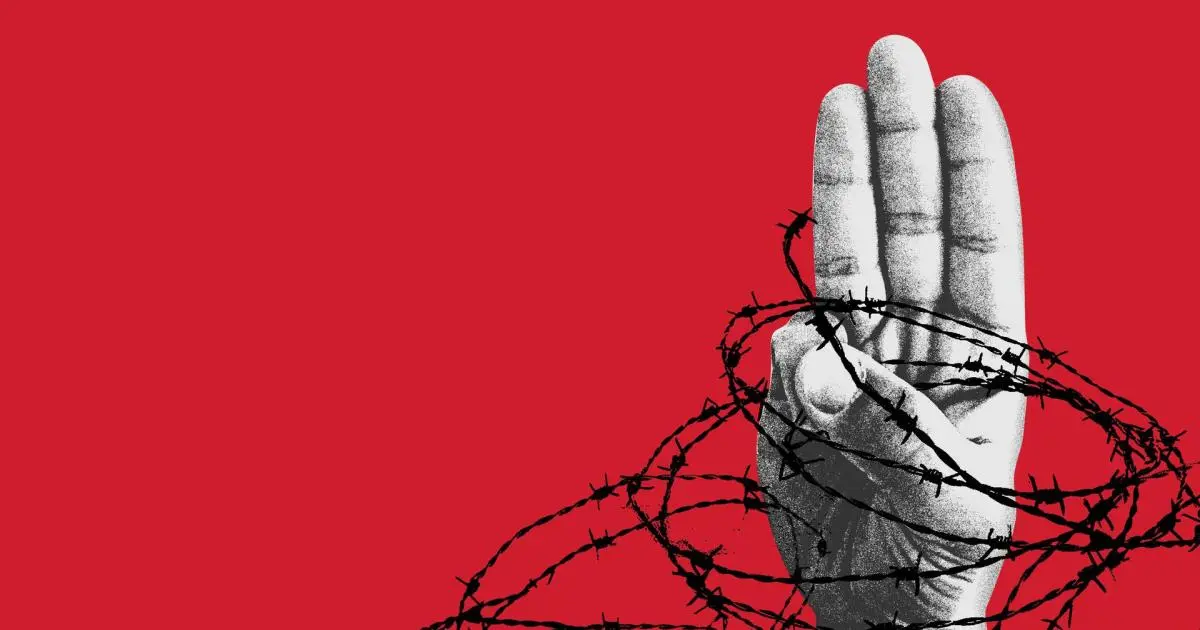Nafeesa Arif
At the heart of Pakistan’s current emotional, intellectual, and cultural crisis lie two destructive forces: fear and hate. These are no longer just fleeting political tactics—they have become embedded features of the country’s social structure, eroding the trust that once existed between the state, its institutions, and ordinary citizens.
State-Sanctioned Fear: Power Redefined
Over the past decades, Pakistan’s state institutions—especially its military and administrative powers—have systematically wielded “fear” as an official policy. Methods designed to suppress dissent, crush political opposition, and dominate public narratives have deeply shaken the foundations of democratic traditions. When citizens hesitate to speak up for their rights, when media censorship replaces freedom of expression, and when the law is bent to favor the powerful, it becomes clear that fear has been institutionalized at every level.
Hate: A Response or a Policy?
The natural reaction to state-imposed fear is a surge in public hate. But this hate is not confined to the corridors of power; it spreads throughout society. Lingual, religious, sectarian, and political divides have become so entrenched that as a nation, Pakistanis now struggle to listen, understand, or accept each other. Toxic discourse on social media, incendiary sermons in mosques, and political rallies branding opponents as traitors or infidels are all symptoms of this collective psychological malaise.
Roots of the Crisis: A Historical Perspective
This is not just a product of recent events. The crisis is rooted in a long history where power politics consistently limited public participation. Repeated suspensions of constitutional supremacy and deliberate weakening of elected representatives have created a culture of intolerance in politics, controversy in the judiciary, and mistrust in administration.
A New Social Contract: The Only Way Forward
How can this crisis be addressed? The answer is clear: Pakistan needs a new social contract—one that empowers individuals, normalizes dissent, and brings institutions under constitutional control. As long as justice remains a mere slogan and the powerful remain above the law, fear and hate will continue to rule.
Achieving this change requires more than just legal reforms or rhetorical shifts. It demands sweeping institutional reforms, genuine media freedom, an independent judiciary, and the inclusion of critical thinking in education. Pakistan must embrace dissent as the lifeblood of democracy, rather than treating it as rebellion.
Conclusion: Only Justice Leads to Peace
For Pakistan to become a peaceful, dignified, and stable nation, it must abandon the illusion of “peace through power” and embrace “peace through justice.” This will only happen when the rule of fear ends, and politics of hate is replaced by dialogue, reconciliation, and partnership.
















